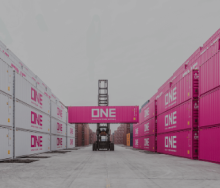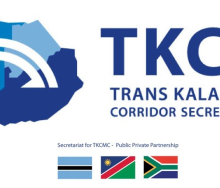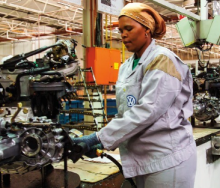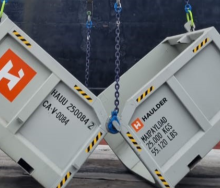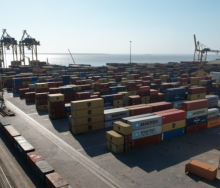From car components to baby cribs, socks and other stocks, Covid-related supply chain snags have caused disruption and delivery delays on a global scale, forcing traders to take a long, hard look at what used to be taken for granted – availability.
Whether it’s because of people missing work due to the virus, the scarcity of containers caused by the over-concentration of inbound freight into the United States, or blank sailings brought on by portside issues, the non-availability of products when required, and the spike in e-commerce, has led to an alarming increase in inventory lag.
Cape Town bedding business Linen House is just one company that has found itself out of stock while battling to receive goods that are long overdue.
According to the company’s joint managing director, Adrienne Sodar, the containerisation crunch meant that the wholesaler recently had to wait six weeks for a shipment of finished goods to arrive from India.
According to a Bloomberg report, “Linen House has seen the flow of goods from suppliers in Asia being repeatedly delayed, causing it to miss delivery deadlines and wreaking havoc with its cash flow.”
What to do to address such obstacles?
Three solutions come to mind: shortening supply chains, taking the sting out of risk, and reshoring manufacturing where possible.
“But shortening supply chains takes years and massive investments,” the news agency writes.
“Minimising threats like disease outbreaks or natural disasters is the more likely path than eliminating them.”
It also quotes McKinsey & Co executive, Florian Niehaus, trumpeting the cause of considering all possible eventualities.
“De-risking is the name of the game, but it’s also not that easy.”
As for shortening supply chains through moving manufacturing closer to source – that’s also easier said than done, especially considering South Africa’s challenging labour landscape.
Nevertheless, the benefits of having a short supply chain thanks to being close to one’s stock source become clear when considering the physical position in which some concerns find themselves, such as industrial equipment and component part manufacturer Dover Corp.
The Illinois company’s president, Richard Tobin, told Bloomberg that they were a proximity manufacturer that didn’t really have long supply chains.
Looking back over some of the upheaval experienced because of the coronavirus pandemic, he said: “What’s happened over the last six months is probably making reshoring a real, real thing.”



